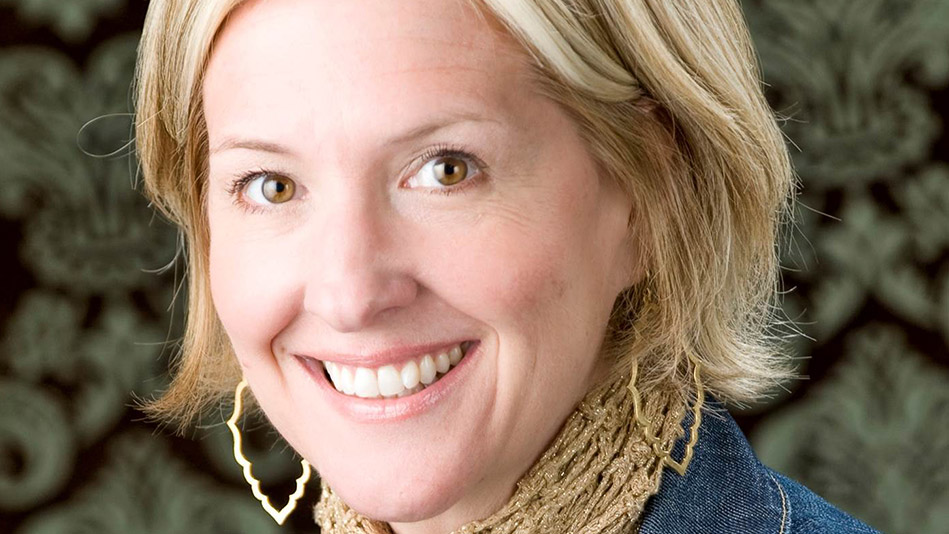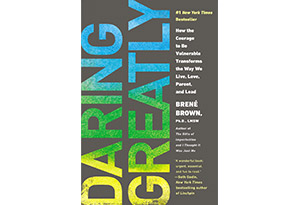How to Protect Yourself Against Narcissists

Photo: Danny Clark
The author of Daring Greatly explains how a new definition of the self-obsessed can help us deal with them more effectively.
In 2011, a group of researchers conducted a computer analysis of the three decades of hit songs. The researchers reported a statistically significant trend toward narcissism and hostility in popular music. In line with their hypothesis, they found a decrease in usage of words such as we and us and an increase in I and me.
The researchers also reported a decline in words related to social connection and positive emotion, and an increase in words related to anger and antisocial behavior, such as hate or kill. Two of the researchers from that study, Jean Twenge and Keith Campbell, authors of the book The Narcissism Epidemic, argue that the incidence of narcissistic personality disorder has more than doubled in the United States in the last 10 years.
Relying on yet another fine saying from my grandmother, it feels like the world is going to hell in a handbasket.
Or is it? Are we surrounded by narcissists? Have we turned into a culture of self- absorbed, grandiose people who are only interested in power, success, beauty and being special? Are we so entitled that we actually believe that we're superior even when we're not really contributing or achieving anything of value? Is it true that we lack the necessary empathy to be compassionate, connected people?
If you're like me, you're probably wincing a bit and thinking, Yes. This is exactly the problem. Not with me, of course. But in general . . . this sounds about right!
It feels good to have an explanation, especially one that conveniently makes us feel better about ourselves and places the blame on those people. In fact, whenever I hear people making the narcissism argument, it's normally served with a side of contempt, anger and judgment. I'll be honest, I even felt those emotions when I was writing that paragraph.
Our first inclination is to cure "the narcissists" by cutting them down to size. It doesn't matter if I'm talking to teachers, parents, CEOs or my neighbors, the response is the same: These egomaniacs need to know that they're not special, they're not that great, they're not entitled to jack and they need to get over themselves. No one cares. (This is the G-rated version.)
Here's where it gets tricky. And frustrating. And maybe even a little heartbreaking. The topic of narcissism has penetrated the social consciousness enough that most people correctly associate it with a pattern of behaviors that includes grandiosity, a pervasive need for admiration and a lack of empathy. What almost no one understands is how every level of severity in this diagnosis is underpinned by shame. Which means we don't "fix it" by cutting people down to size and reminding folks of their inadequacies and smallness. Shame is more likely to be the cause of these behaviors, not the cure.
Labeling the problem in a way that makes it about who people are rather than the choices they're making lets all of us off the hook: Too bad. That's who I am. I find it far more helpful, and even transformative in many instances, to look at the patterns of behavior through the lens of vulnerability. For example, when I look at narcissism through the vulnerability lens, I see the same-based fear of being ordinary. I see the fear of never feeling extraordinary enough to be noticed, to be lovable, to belong or to cultivate a sense of purpose. Sometimes the simple act of humanizing problems sheds an important light on them, a light that often goes out the minute a stigmatizing label is applied.
This new definition of narcissism offers clarity and it illuminates both the source of the problem and possible solutions. I can see exactly how and why more people are wrestling with how to believe they are enough. I see the cultural messaging everywhere that says that an ordinary life is a meaningless life. And I see how kids that grow up on a steady diet of reality television, celebrity culture and unsupervised social media can absorb this messaging and develop a completely skewed sense of the world. I am only as good as the number of "likes" I get on Facebook or Instagram.
Because we are all vulnerable to the messaging that drives these behaviors, this new lens takes away the us-versus-those-damn-narcissists element. I know the yearning to believe that what I'm doing matters and how easy it is to confuse that with the drive to be extraordinary. I know how seductive it is to use the celebrity-culture yardstick to measure the smallness of our lives. And I also understand how grandiosity, entitlement and admiration-seeking feel like just the right balm to soothe the ache of being too ordinary and inadequate. Yes, these thoughts and behaviors ultimately cause more pain and lead to more disconnection; but when we're hurting and when love and belonging are hanging in the balance, we reach for what we think will offer us the most protection.
If we go back to the earlier question of whether we're surrounded by people with narcissistic personality disorder: My answer is no. There is a powerful cultural influence at play right now, and I think the fear of being ordinary is a part of it; but I also think it goes deeper than that. To find the source, we have to pan out past the name-calling and labeling. Something can always be learned by examining the struggle through the lens of vulnerability. We don't lose sight of the problems we've been discussing, but we see them as part of a larger landscape, a panoramic view of the thoughts, behaviors and emotions that are slowly changing who we are and how we live, love, work, lead, parent, govern, teach and connect with one another.

Reprinted from Daring Greatly by arrangement with Avery, a member of Penguin Group (USA) LLC, A Penguin Random House Company. Copyright © 2012, Brené Brown



